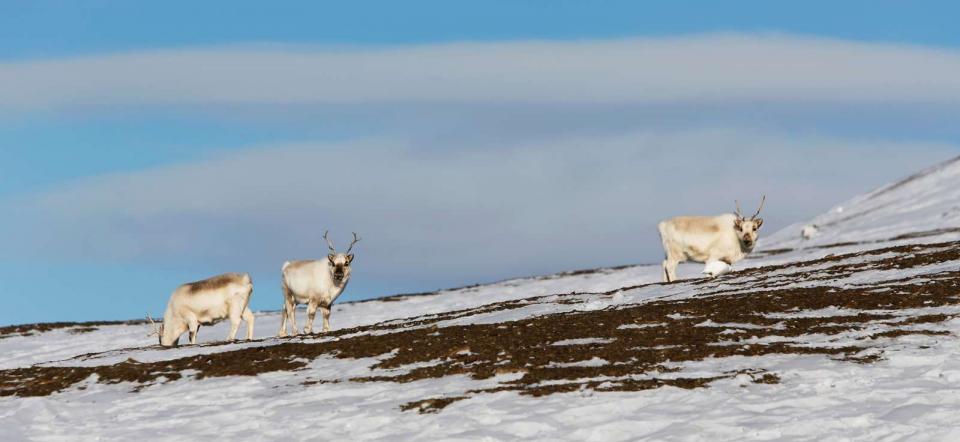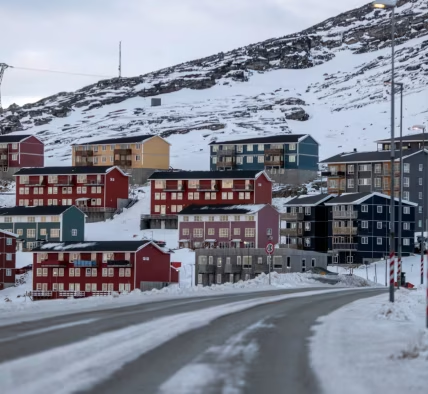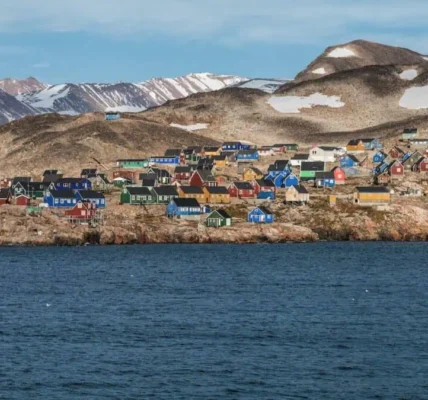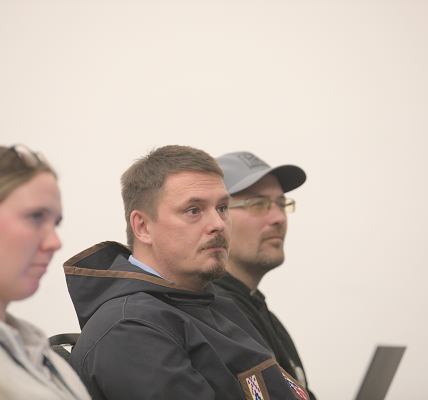As reported by High North News on September 8, Sami in Northern Sweden have expressed concerns for their future over the proposed mining of rare earth minerals on their traditional reindeer grazing grounds. Swedish state-owned mining company LKAB has already begun blasting an exploration tunnel under the town of Kiruna to assess the potential of a large deposit that was discovered in 2023. Communities warn that any mining could cut their land used for grazing and herding by half. (High North News)

The concerns of the Sami in Northern Sweden over the proposed mining for rare earth minerals in the area reflect growing tensions across the Arctic between Indigenous communities and industries over natural resources. The demand for critical minerals has risen dramatically in recent years, driven by the energy transition and the growth of renewable technologies. However, geopolitical and supply chain risks have also emphasized the need to secure domestic sources of these essential resources, prompting many Arctic states to look northward, where mining has long been a significant industry.
While large deposits of rare earth minerals have been found in the region, substantially expanding extraction to meet growing demand can have serious consequences for local communities and the environment. Mining operations can contaminate the ecosystem with dust, heavy metals, noise, and other toxic substances. Mines can also disturb wildlife and intersect with vital habitats, posing a serious threat to traditional practices, such as reindeer herding, that many Indigenous communities depend on for their livelihoods and culture.
Although critical mineral mining presents several opportunities, it is imperative that development proceeds sustainably and considers the long-term future of the region and its people. Therefore, local Indigenous communities, such as the Sami near Kiruna, must be included as key stakeholders in planning processes for Arctic mining. (BBC, NordForsk, World Trade Organization, World Wildlife Fund)



